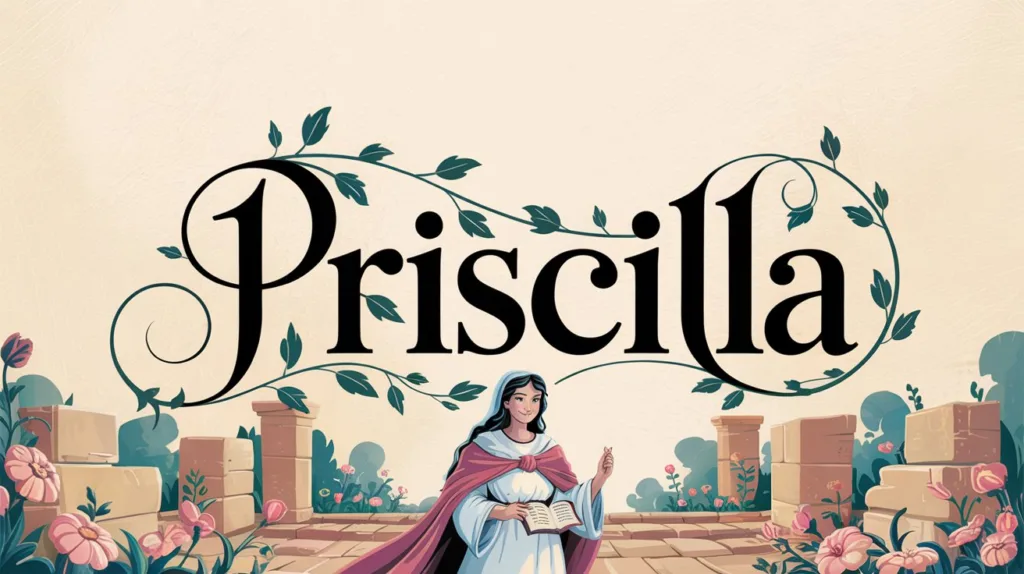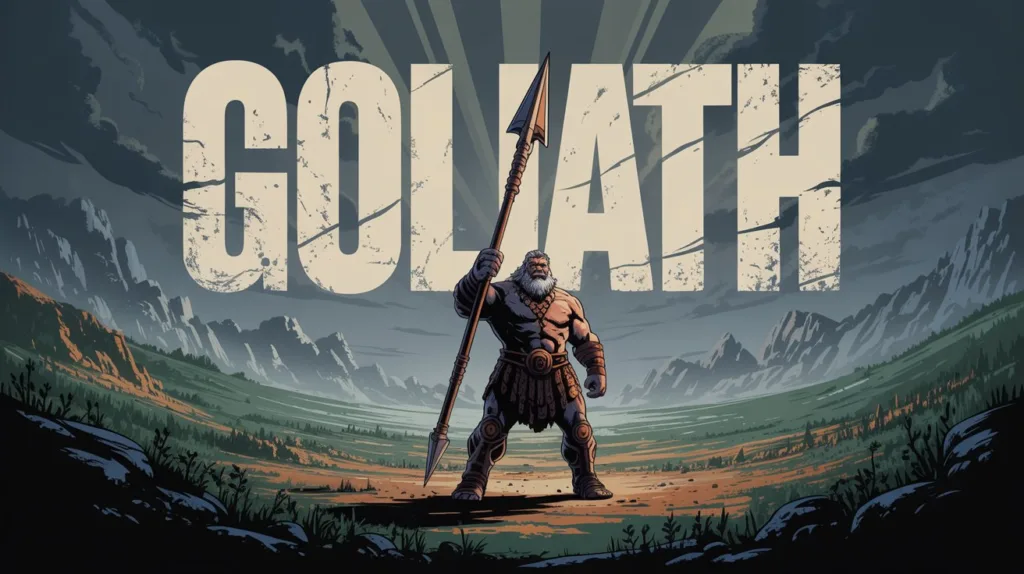Boaz is introduced in Ruth 2:1 as “a mighty man of wealth” and a relative of Elimelech, the deceased husband of Naomi. His name means “in him is strength,” and he lived in Bethlehem during the time of the judges.
Boaz first encountered Ruth when she came to glean in his field. Upon learning of her identity and her kindness toward Naomi, Boaz spoke kindly to her and ensured her safety and provision among his workers (Ruth 2:8–9). He instructed his servants to leave extra grain for her and invited her to eat at his table (Ruth 2:14–16). His actions reflected a man of compassion, generosity, and godly character.
As a near kinsman to Naomi, Boaz was qualified to fulfill the role of “kinsman-redeemer” under the Mosaic law, which allowed a close relative to redeem a deceased relative’s property and marry his widow to preserve the family line (Leviticus 25:25; Deuteronomy 25:5–6). When Ruth followed Naomi’s counsel to request this redemption, Boaz responded honorably. He acknowledged that there was a closer kinsman but pledged to redeem her if the other man would not (Ruth 3:12–13).
Boaz arranged the legal matters at the city gate and publicly acquired the right to redeem Naomi’s land and marry Ruth (Ruth 4:1–10). The elders and people blessed the union, and Ruth bore him a son named Obed, who became the grandfather of David (Ruth 4:13–17).
Boaz exemplifies the role of a redeemer: righteous, gracious, and obedient to the law of God. His life foreshadows the greater Redeemer, Jesus Christ, who purchased His bride, the Church, with His own blood. Boaz’s inclusion in the genealogy of Christ (Matthew 1:5) further affirms God’s providence and grace working through willing and faithful individuals.





 Get the book that teaches you how to evangelize and disarm doctrines from every single major cult group today.
Get the book that teaches you how to evangelize and disarm doctrines from every single major cult group today.